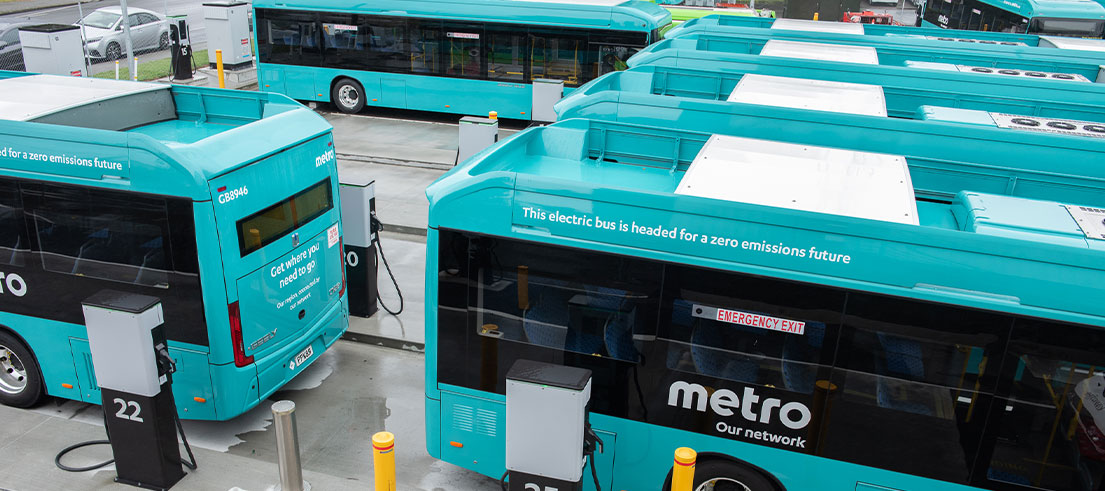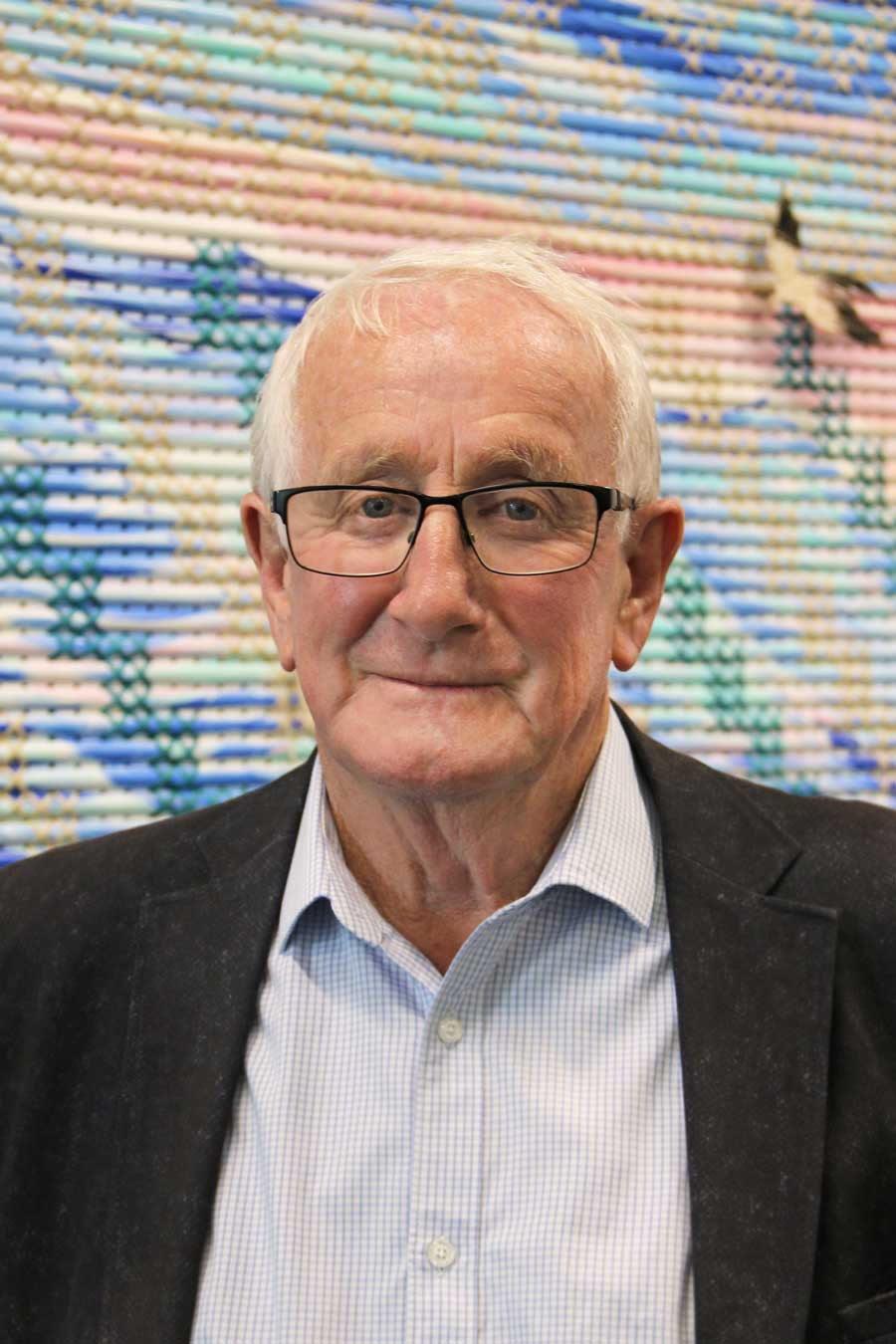
We're eyeing a more electric future
New funding from Waka Kotahi NZ Transport Agency is going towards continued work decarbonising our fleet
We have received funding from the first round of a $136-million contestable fund which aims to support public transport authorities to meet the costs of initiatives to accelerate the decarbonisation of the public transport bus fleet.
Our Chair Peter Scott said he is delighted to have secured the funding.
"This will enable us to purchase 12 new electric buses to replace existing diesel ones," Scott said.
"This is a continuation of the work we have already been doing in this space – currently 20-percent of our fleet is zero emissions," Chair Scott added.
The new vehicles can be expected on our roads sometime next year.
"Delivery times for new electric vehicles are typically six to 12 months, so it will be a little while before they are in service," Chair Scott said.
These electric buses can do up to 500 kilometres between charges.
"As our buses typically travel around 300 kilometres a day on Metro’s network, it’s clear that they are more than capable of completing a full day’s work," Chair Scott said.
More additions to our electric fleet
In the last 12 months, we have ordered seven new electric vehicles to support network expansion.
"We are proud of this continually growing number. This goes hand-in-hand with our commitment for no new diesel buses from 2025," Chair Scott said.
"This year, our electric fleet is expected to reduce Metro’s carbon dioxide equivalent emissions (CO-2e) by an estimated 18% per cent, equivalent to nearly 2400 tonnes of carbon dioxide saved annually, compared to a fully diesel fleet," he added.
While today’s announcement has been gratefully received, we are planning to go even further.
"We look forward to submitting bids for future funding rounds and hopefully adding more buses to our electric fleet," Chair Scott said.
The bus decarbonisation programme of work is part of the Waka Kotahi Climate Emergency Response Fund (CERF) programme, which aims to provide growing communities with increased transport options, improved health and social outcomes, and contribute to a healthier future for us all, while supporting our response to climate change by transitioning Aotearoa to a low-emission and climate resilient future.

